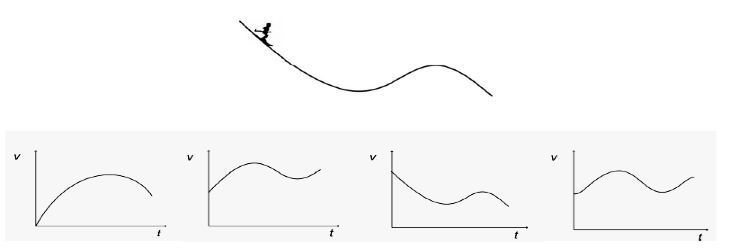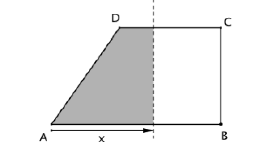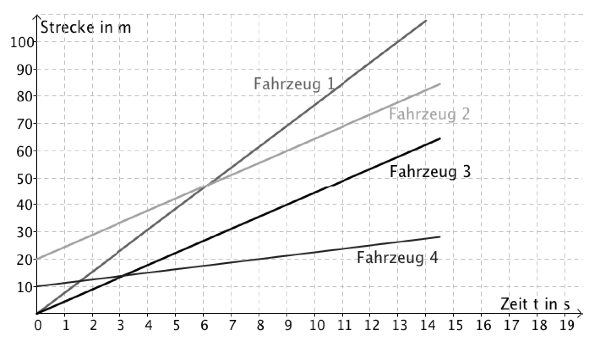Research design
The research question are examined in more detail by means of a qualitative hypothesis generating case study. Therefore the GeoGebra applets are used in a 7th grade of a middle school in Austria. The qualitative analysis is carried out using methods of Grounded Theory (Glaser & Strauss, 1998).
The data collection is divided into a process that involves five stages.
Data collection
- Stage 1: Diagnostic test 1
- Contains tasks concerning different pre- and misconceptions;
- Then students are divided into 2 groups;
- Stage 2: Diagnostic interviews
- Concerning tasks from diagnostic test 1;
- With 8 students of group 2;
- Stage 3: Intervention
- Use of GeoGebra applets in class;
- Students working independently in pairs;
- Duration: 3 lessons;
- Recording (audio, video, screen) of students of group 1;
- Stage 4: Diagnostic test 2
- Contains tasks concerning conceptions slightly different from diagnostic test 1;
- With all students;
- Stage 5: Diagnostic interviews
- Based on analysis of recordings and diagnostic test 2;
- With 8 students of group 1;
Diagnostic test 1
Here are some tasks of the diagnostic test 1. The first two tasks (Area, Skier) are according to examples from Schlöglhofer (2000). The third one is from a german test instrument called CODI, which has been designed by Nitsch (2015) to diagnose misconceptions concerning functional relationships.
Task "Skier"
You see a skier who is descending a slope. The graph shows the speed of the skier in the course of time. Which of these 4 diagrams is describing the situation best?

Task "Area"
Here a trapezoid is displayed. Imagine you draw the dotted line from vertex A to the right by the distance x. In doing so you observe the changes in the size of the grey marked area.

In the diagram the grey-shaded area is a function of distance x. Which of these 4 diagrams is correct?

Task "Car"
Which of the 4 cars is the fastest at the time t = 5 seconds?
